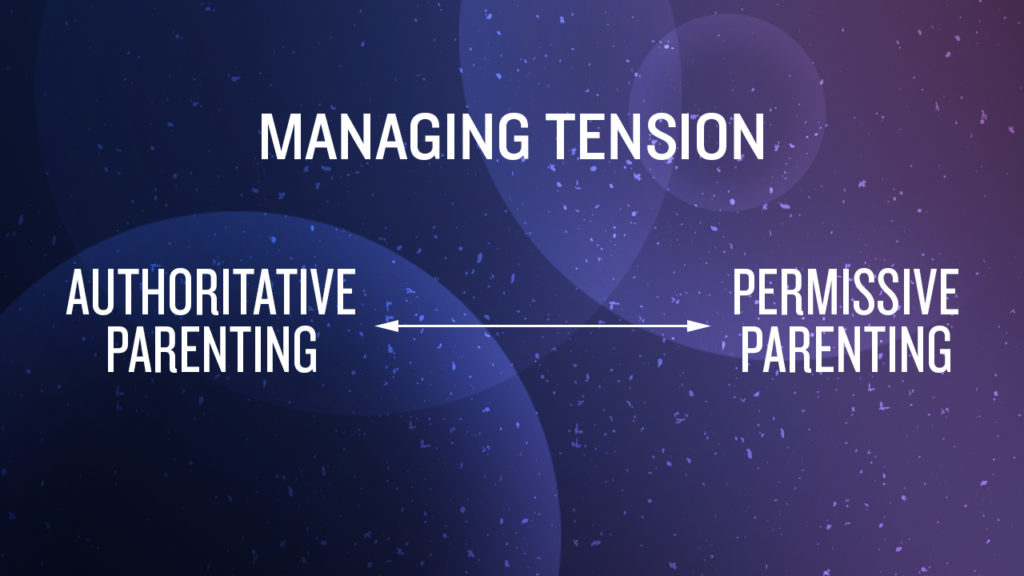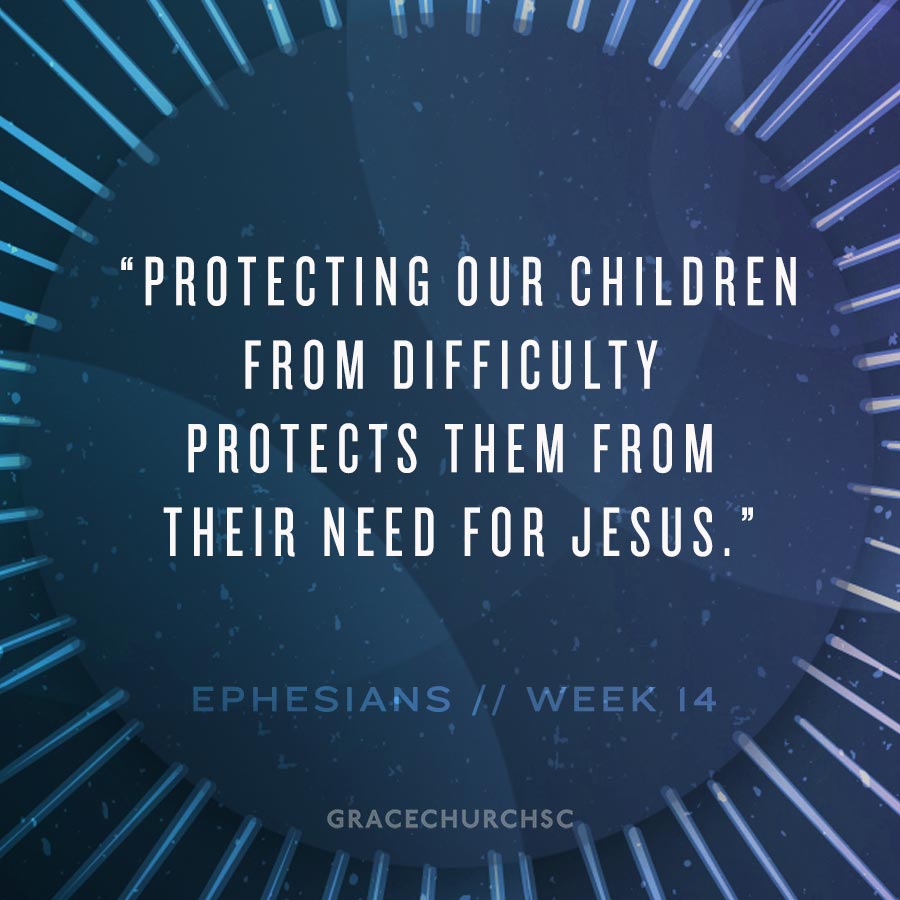
24 May Sermon Recap | Ephesians | Authority at Home
In Ephesians chapter six, verses one through four, Paul directly commands children to obey their parents. Not only are Paul’s instructions valuable for us in parent/child relationships, but they serve as a discipleship model for us as believers. Authority is ordained by God; when we obey authority, we are obeying God. There is a tension that surrounds this issue of authority, because it can expose sin patterns in our lives.
Suggestions for Studying Ephesians During the Series:
1. Read daily passages along with NLT or ESV study Bible.
2. Read the whole book in one sitting once a week for the remainder of the series.
3. Listen to the whole book in one sitting once a week for the remainder of the series.
Click here to read the book of Ephesians.
Scripture References

-Do you consistently feel the need to get your way with those in authority over you? What does this say about your trust in God versus trusting in yourself?
-What are the benefits of authority in your life? Do you see authority as a good thing (covering and protection), or something you are at odds with?
-Authoritative parenting can provoke anger, and permissive parenting creates arrogance and entitlement. How should we, as Christians, parent in such a way that is a balance between permissive and authoritative parenting? How does this balance change as a child grows?
-Do you see the need for obstacles in your child’s life, or are you doing everything you can to remove those obstacles? What is the balance between protecting your child, but also allowing them to endure hardship and make decisions that develop character?
Intentional Parenting
-Children need to be clear they are under your authority. Your children shouldn’t be evaluating you or holding you accountable.
-Children need clear responsibilities to increase their self-mastery {through chores, school, work, discipline, etc.}.
-As parents we need to bring consequences to bear. Things need to be taken away from our children when they are not faithful.
-It’s not the opportunities that you provide for your children that will make them great, it’s the obstacles that they face, and how they deal with them, that will make them great.
-As your child gets older, work is critically important to their health. Work can be more important than Bible study when more Bible study will lead to arrogance, but they need work to truly humble them.
-As parents we need to teach and give children instructions about God, life, and people— training them how to think, respond, and live.
-Part of our job as a parent is to convince our children they are deficient and needy, showing them their need for a Savior.
-As our children get older, the “why” becomes very important when having conversations with our children about what the Scriptures say.
-We need to give our children opportunities to fail and make sure they are clear on their strengths and weaknesses.
In Order to Parent Successfully:
1. We need to keep our marriage in focus.
2. We need to be strategic in our thinking and utilize resources available to us.
3. There is brokenness in our homes. Parents and children need to be reconciled with one another, and deal with the reconciliation and fellowship side of our homes.
4. When we as parents fail, we have to own it. If we are too authoritarian or too permissive, we need to admit we are wrong and repent.

“When we obey our parents, we are obeying God.”
“Authority can expose sin in you in a way that other things do not.”
“Work is more important than Bible study when humility is needed.”
“Part of our jobs as parents is to convince our children their need for a Savior.”
“Protecting our children from difficulty protects them from their need for Jesus.”
“Embracing the tension of authority causes us to trust in something much greater.”



